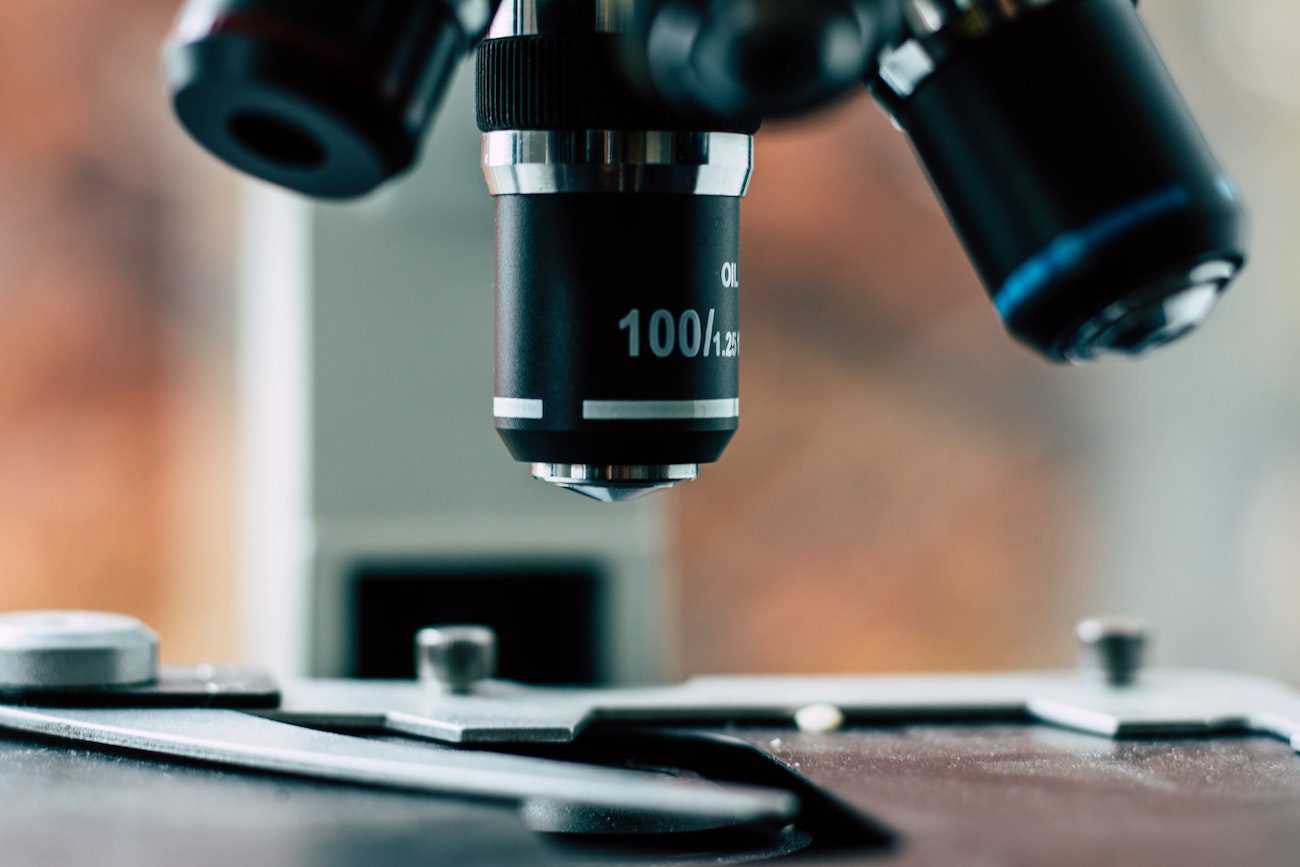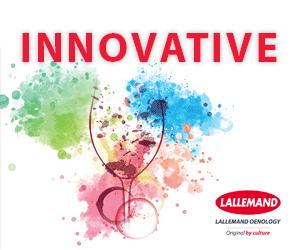
A completely new-to-nature yeast chromosome has been developed, paving the way for engineered yeast to be applied to an array of industrial applications.
Scientists from the ARC Centre of Excellence in Synthetic Biology, Macquarie University and the Australian Wine Research Institute (AWRI) have made a major breakthrough in yeast genome engineering, outlined in a recent issue of the prestigious journal Nature Communications.
“It’s a proof of concept that we can build entire new chromosomes for specific industrial purposes,” says AWRI Research Manager Dr Anthony Borneman, lead author of the study.
“Unique genomic sequences from a range of yeast strains – including those used in wine, sake and biofuel production – were assembled into a completely new chromosome in the laboratory strain.
“This additional genetic material imparted new characteristics, such as allowing the laboratory strain to ferment sugars it normally can’t use, widening the feedstocks available for industrial purposes.”
Saccharomyces cerevisiae, the yeast strain used in this research, is an industrial workhorse.
It has been used in brewing, distilling, winemaking and baking for thousands of years.
More recently, it has been important for producing ethanol for E10 petrol and for a wide variety of industrial biochemicals.
“This is a groundbreaking new study that opens up the possibility of designing new chromosomes,” says co-author, Distinguished Professor Ian Paulsen, Centre Director of the Australian Centre of Excellence in Synthetic Biology at Macquarie University.
“For instance, making yeast producing oils or making it better at producing other industrially useful compounds.”
This body of work is an extension of a global engineered yeast project, Sc2.0, which is attempting to synthesise the entire genome of the yeast Saccharomyces cerevisiae.
The project aims to help researchers understand how a yeast genome is organised and how genomes might be improved to create more robust organisms.
It also provides a foundation for future specific purposes, such as creating new medications or biofuels.
Macquarie University, the ARC Centre of Excellence in Synthetic Biology and the AWRI are partners in the Sc2.0 collaboration.
The overall goal of this work was to address the lack of genetic variation in the Sc2.0 strain that could limit future industrial application.













Recent Comments